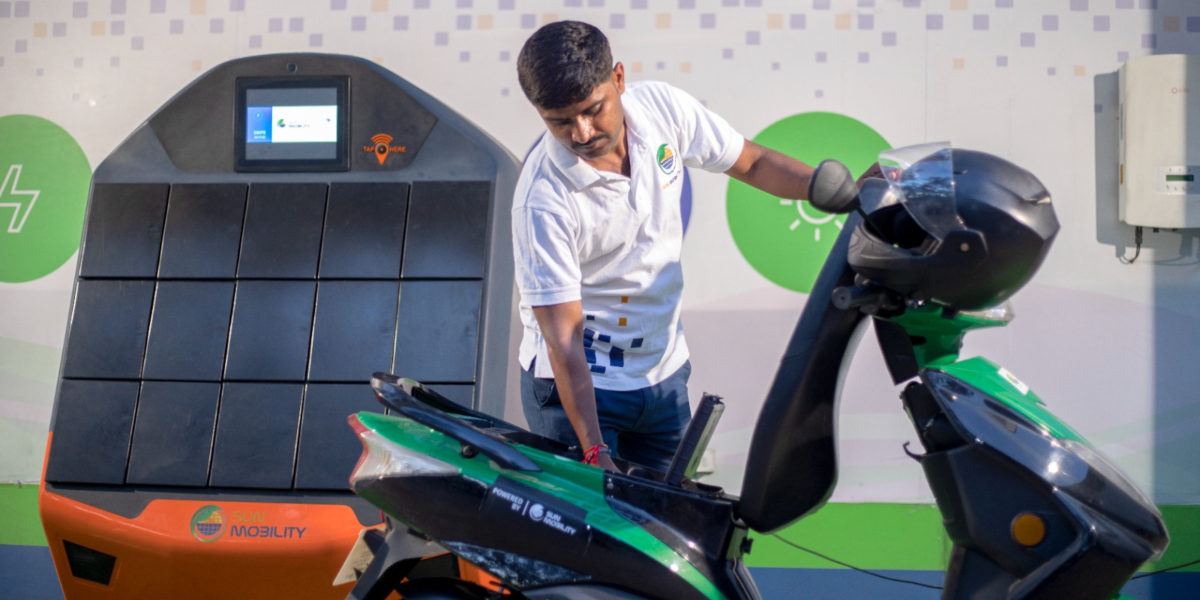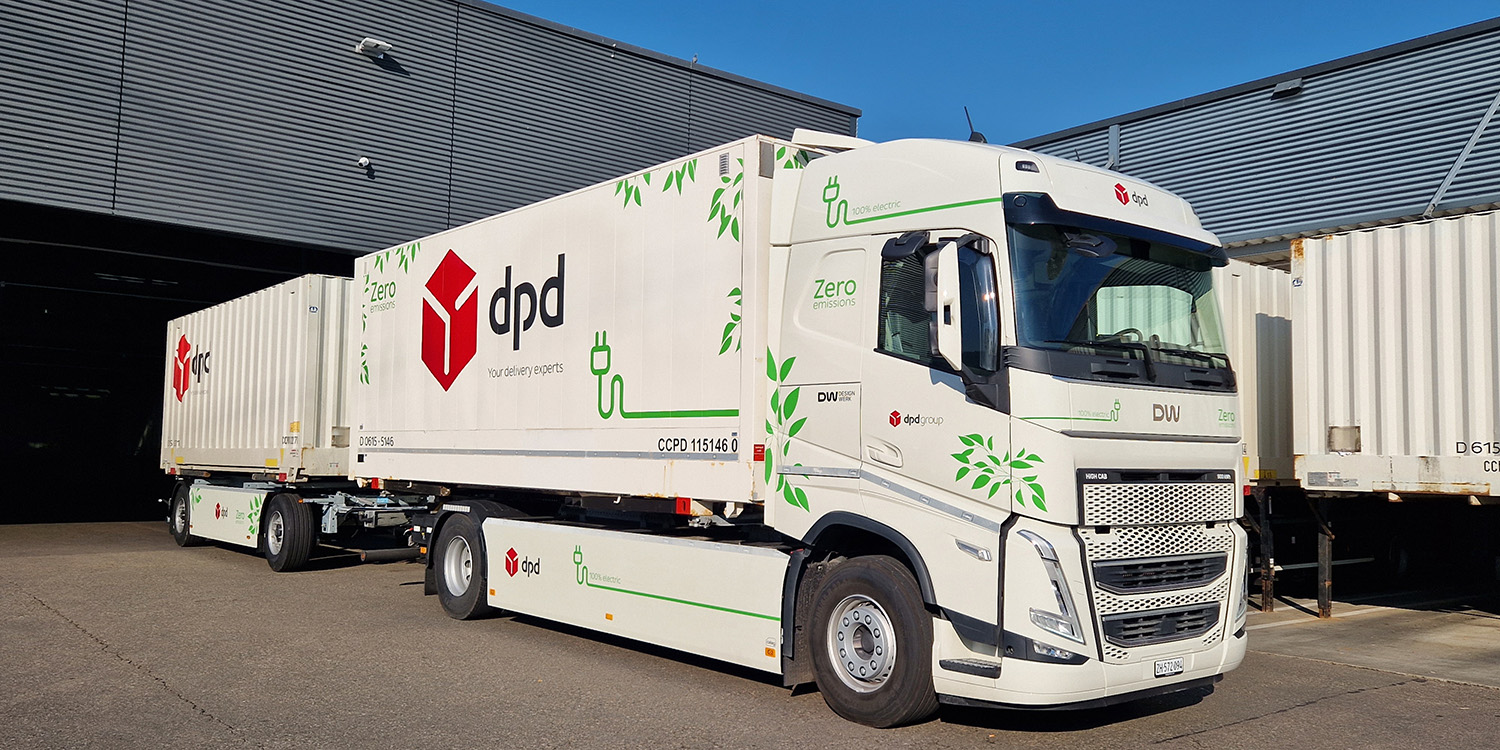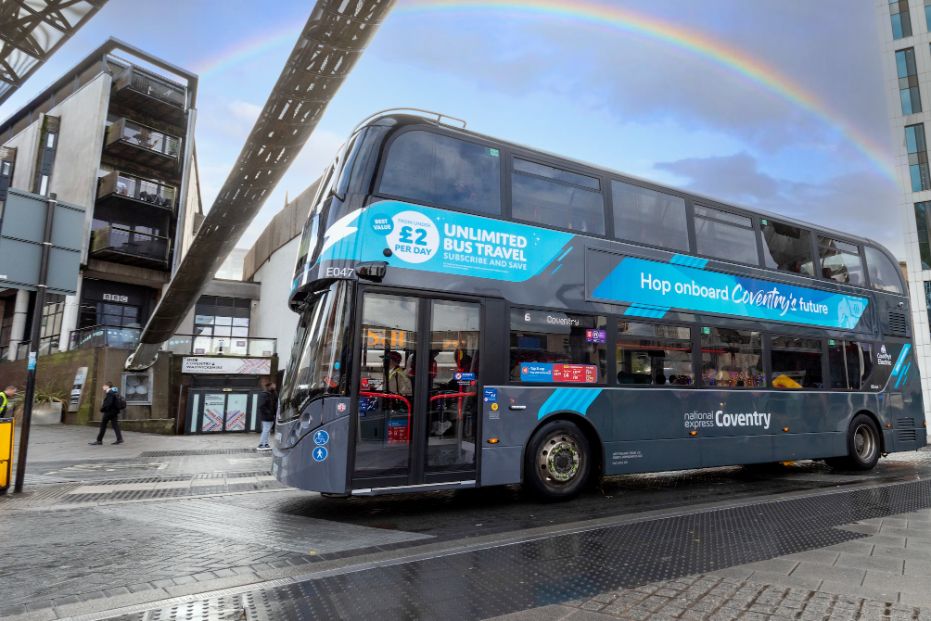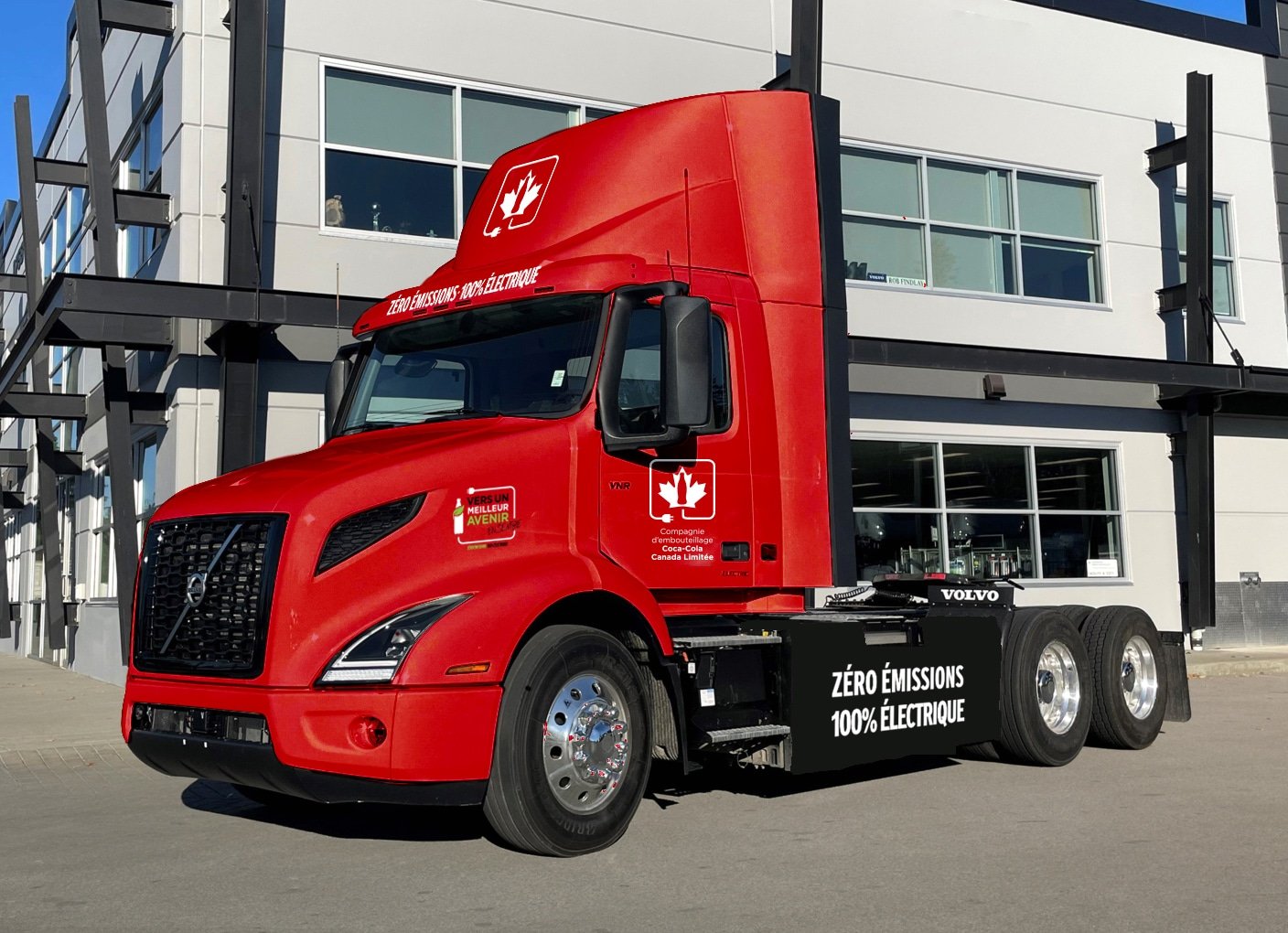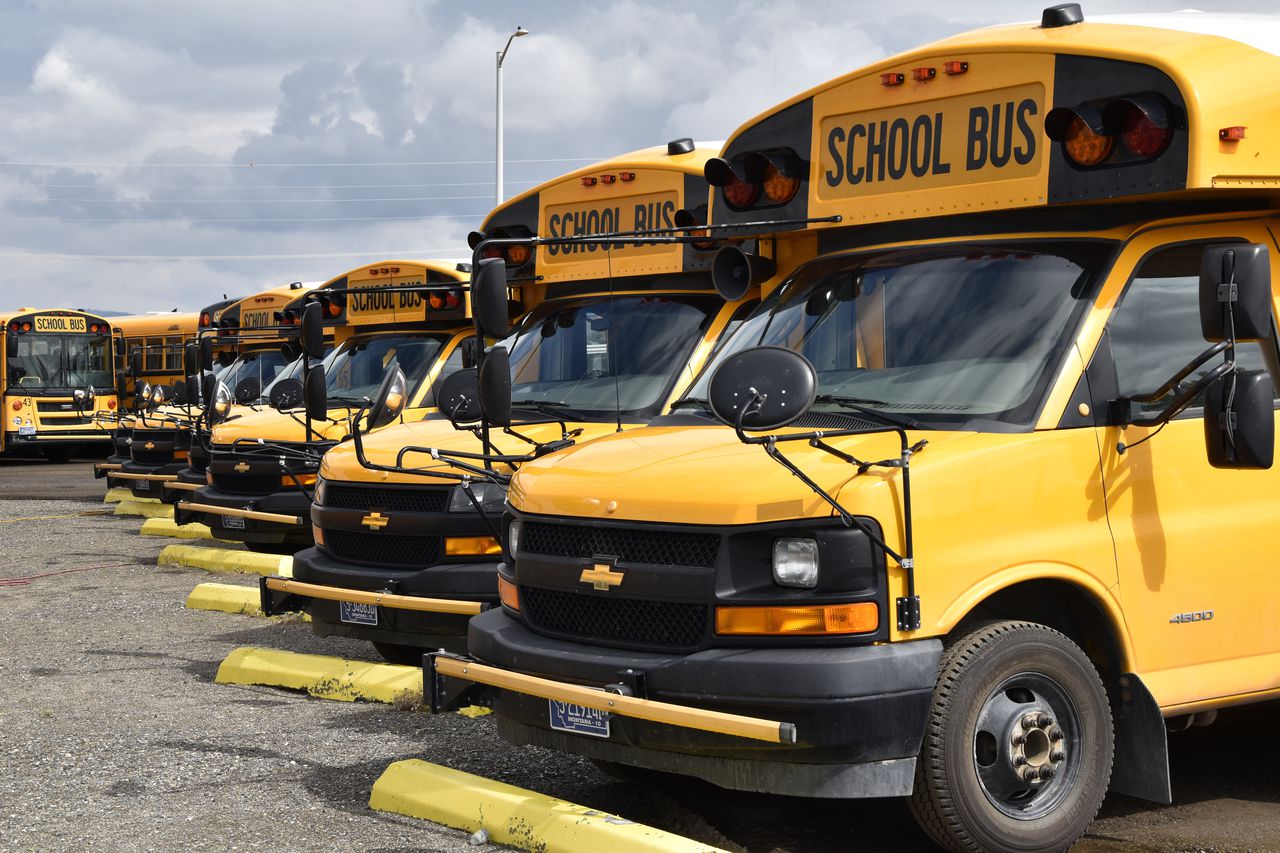Zomato, the Indian food delivery giant, has announced plans to integrate 50,000 electric two-wheelers into its fleet over the next two years. The company, which currently has around 5,000 employees, is partnering with Sun Mobility to provide its battery swap solutions for this purpose. This move is part of Zomato’s commitment to the Climate Group’s EV100 initiative, which aims to accelerate the transition to electric vehicles.
According to Zomato CEO Anant Badjatya, the deployment of electric two-wheelers will help the company reduce its carbon footprint by 5000 MT/month and contribute to a cleaner environment. “We believe that this association will not only benefit the environment but also provide a better experience for delivery partners and the customers,” said Badjatya.
See also: This Tesla supercharger station in Germany has a swimming pool in the sweltering weather
Zomato’s decision to go fully electric by 2030 is a significant step towards reducing the carbon footprint of the food delivery industry, which is notorious for its reliance on fossil fuels. As more and more companies embrace electric vehicles, the industry as a whole is expected to become more sustainable.
The partnership between Zomato and Sun Mobility is not the first of its kind. Last year, Sun Mobility announced another electric two-wheeler partnership with Hero Electric. Under that arrangement, Hero Electric provided the scooters, while Sun Mobility supplied its smart battery-swapping technology.
The adoption of electric two-wheelers is a win-win situation for both Zomato and its delivery partners. Electric vehicles are not only more environmentally friendly than their gasoline counterparts, but they are also cheaper to operate and maintain. For delivery partners who often work long hours and cover long distances, this can make a significant difference in their earnings.
See also: Augwind Develops AirBattery Capable of Storing Solar and Wind Energy for Electricity
Overall, Zomato’s move towards electric vehicles is a positive step towards creating a more sustainable food delivery industry. As more companies follow suit, we can expect to see a significant reduction in greenhouse gas emissions and a cleaner, greener future for all.

